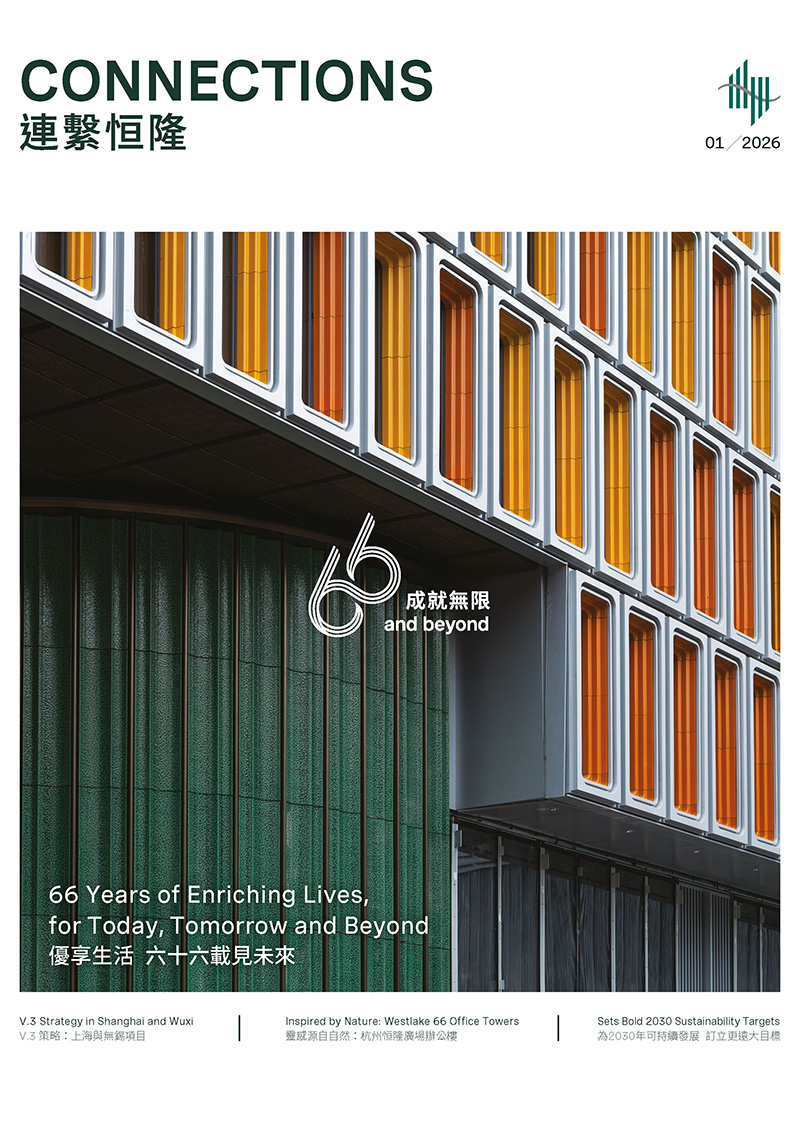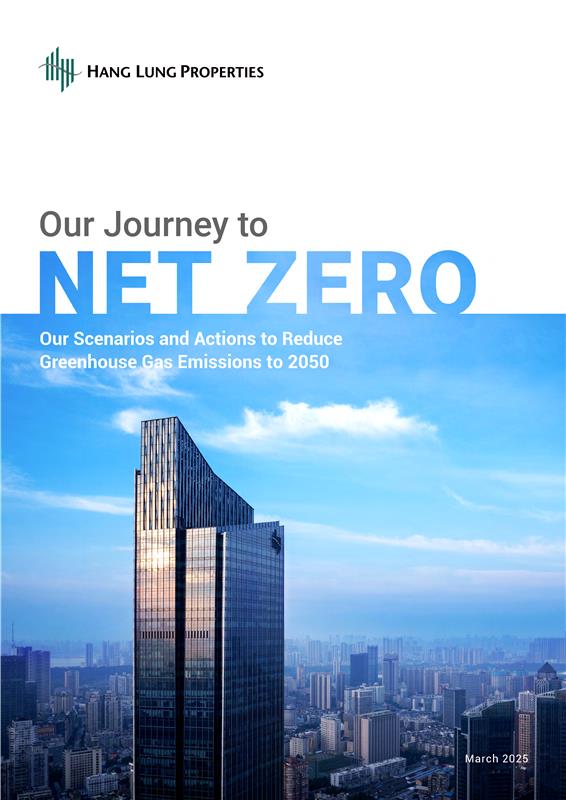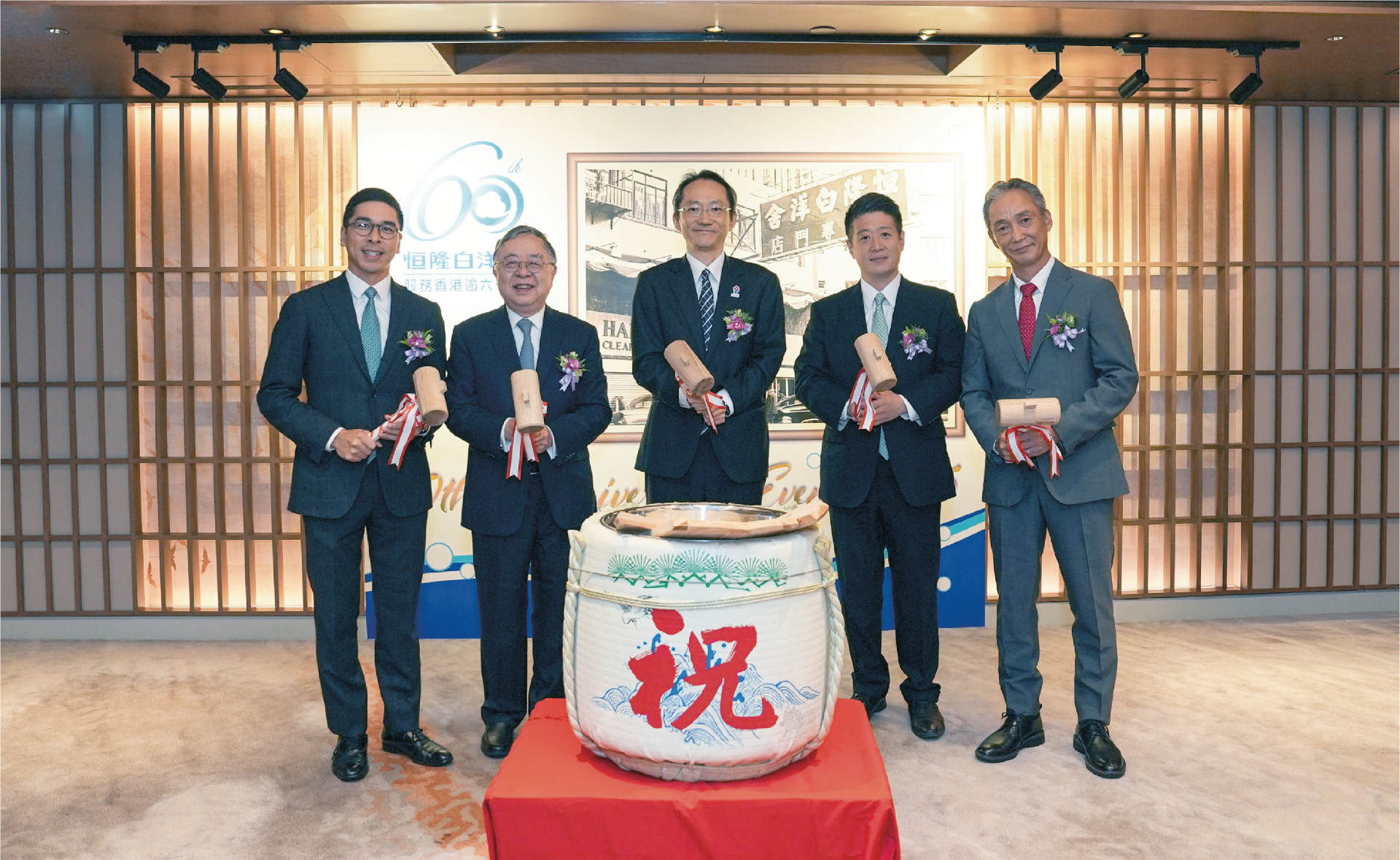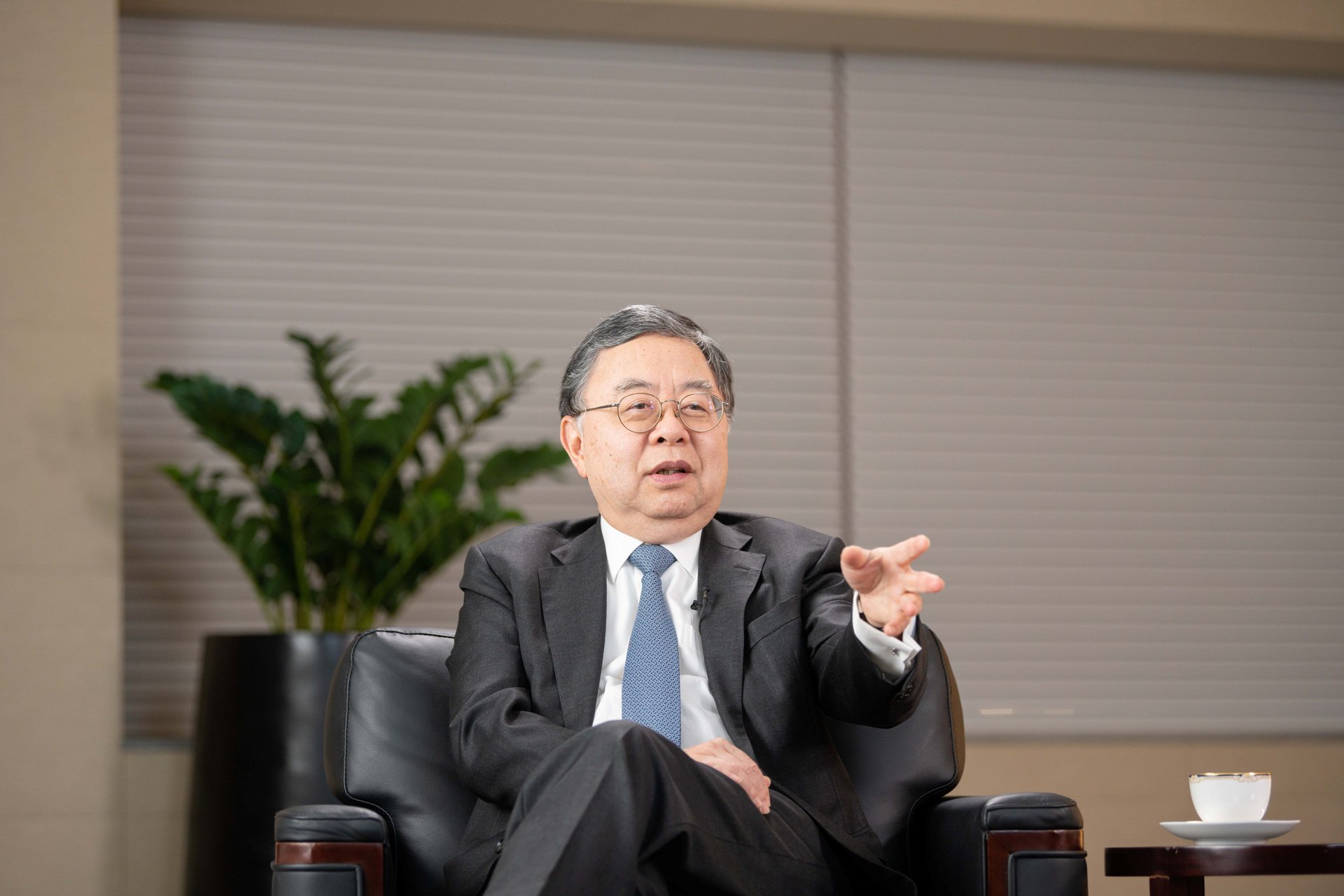What is Good Research?
To commemorate the 20th anniversary of HLMA, a thought-provoking panel discussion titled "What is Good Research?" was recently held. This public talk marked the first-ever initiative aimed at fostering knowledge through informative discussions. Moderated by Dr. Gerald Chan, co-founder of the Morningside group, the esteemed panel also included Prof. Nancy Ip, President of the Hong Kong University of Science and Technology, and Prof. Zhang Xiang, President and Vice-Chancellor of the University of Hong Kong.
A central theme of the panel discussion revolved around the importance of fundamental research in a world driven by quick results and practical applications. Fundamental research explores the fundamental laws that govern the natural world, provides the groundwork for future scientific exploration and serves as the basis for applied research.
Prof. Ip passionately championed the value of fundamental research, emphasizing that it may lead to uncharted territories where serendipitous discoveries can occur. Referring to CRISPR-Cas technology, Prof. Ip and Dr. Chan highlighted how the study of microbial defense mechanisms, once considered niche and peripheral, now holds the potential to revolutionize fields like gene editing and disease treatment.
Prof. Zhang underscored the pivotal role universities play in providing a nurturing environment for students to engage in seemingly "useless research" and actively "create knowledge." He emphasized that such endeavors are essential in cultivating a future workforce of scientists who will drive innovation and push the boundaries of human understanding.
The panelists unanimously agreed on the significance of both fundamental and applied research in fostering a knowledge-based society. While fundamental research often leads to unexpected breakthroughs, applied research paves the way for practical solutions to real-world challenges. They believe that these two types of research are equally important and mutually reinforcing.
Prof. Ip also emphasized the importance of academic-industry collaboration. She believes that collaborative projects provide students with insights into the relevance of their research and enhance their employability prospects. Dr. Chan supported this viewpoint, emphasizing the need to bridge the academic-industry gap and the crucial role of funding in bringing brilliant ideas to fruition.
The panel discussion served as a reminder of the importance of nurturing curiosity and fostering collaboration between university and corporation. By recognizing the value of fundamental research, encouraging academic-industry collaboration, and providing students with practical experiences, we can lay the groundwork for transformative discoveries and meaningful progress in our knowledge-based society.





.png)














